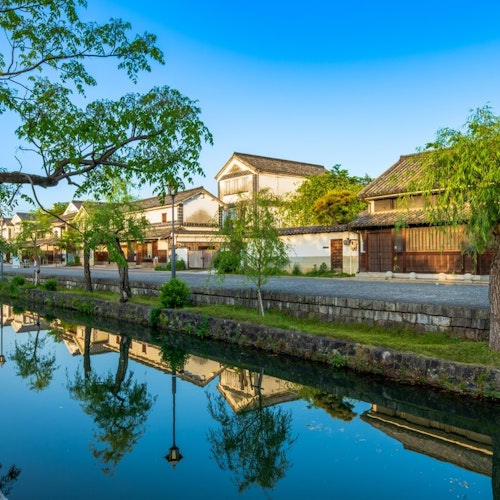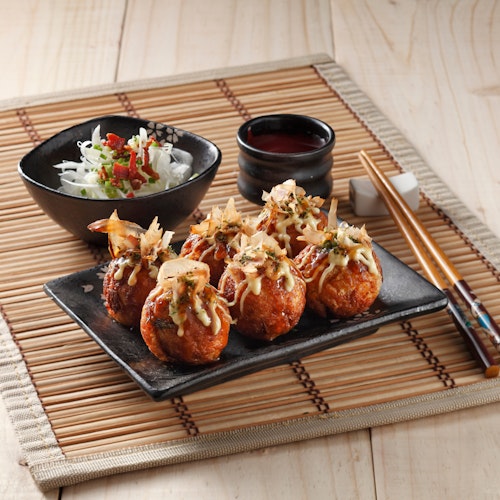
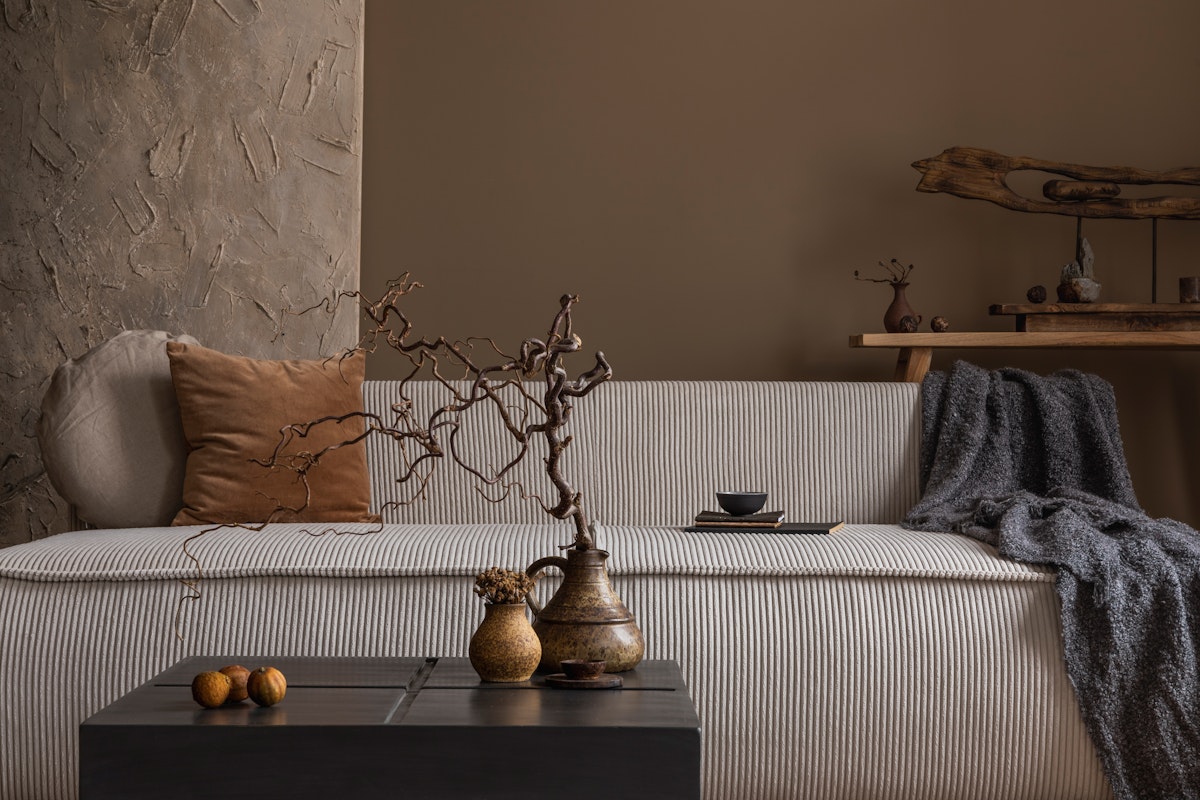
Wabi-Sabi is a Japanese philosophy and aesthetic that finds beauty in imperfection and appreciates the fleeting nature of all things. Rooted deeply in Japanese culture, it provides a unique perspective to experience art and life, celebrating imperfections and impermanence.
Wabi-Sabi is a concept from Japan that celebrates the beauty found in imperfection and the natural progression of time. This idea emphasizes the appreciation of the transient nature of life, valuing the rustic and the fleeting.
Rather than pursuing the pristine, this worldview prompts us to recognize the profound elegance in simplicity and the stories that age and use grant to objects and environments. Through Wabi-Sabi, we are invited to embrace the genuine character of our surroundings, celebrating its unique narrative.
With its ancient Buddhist roots, Wabi-Sabi evolved as a fundamental aspect of Japanese culture, drawing deeply from the principles of Zen Buddhism. This philosophy emerged as a counter to the extravagance seen in earlier periods, emphasizing the beauty in simplicity and imperfection.
The tea ceremony, a cherished ritual in Japan, played a significant role in molding the essence of Wabi-Sabi, as masters highlighted the importance of naturalness, asymmetry, and the marks of time. Over the centuries, this appreciation for the transient and the imperfect became integral to various Japanese arts, reminding people to value the genuine and fleeting beauty of the world around them.
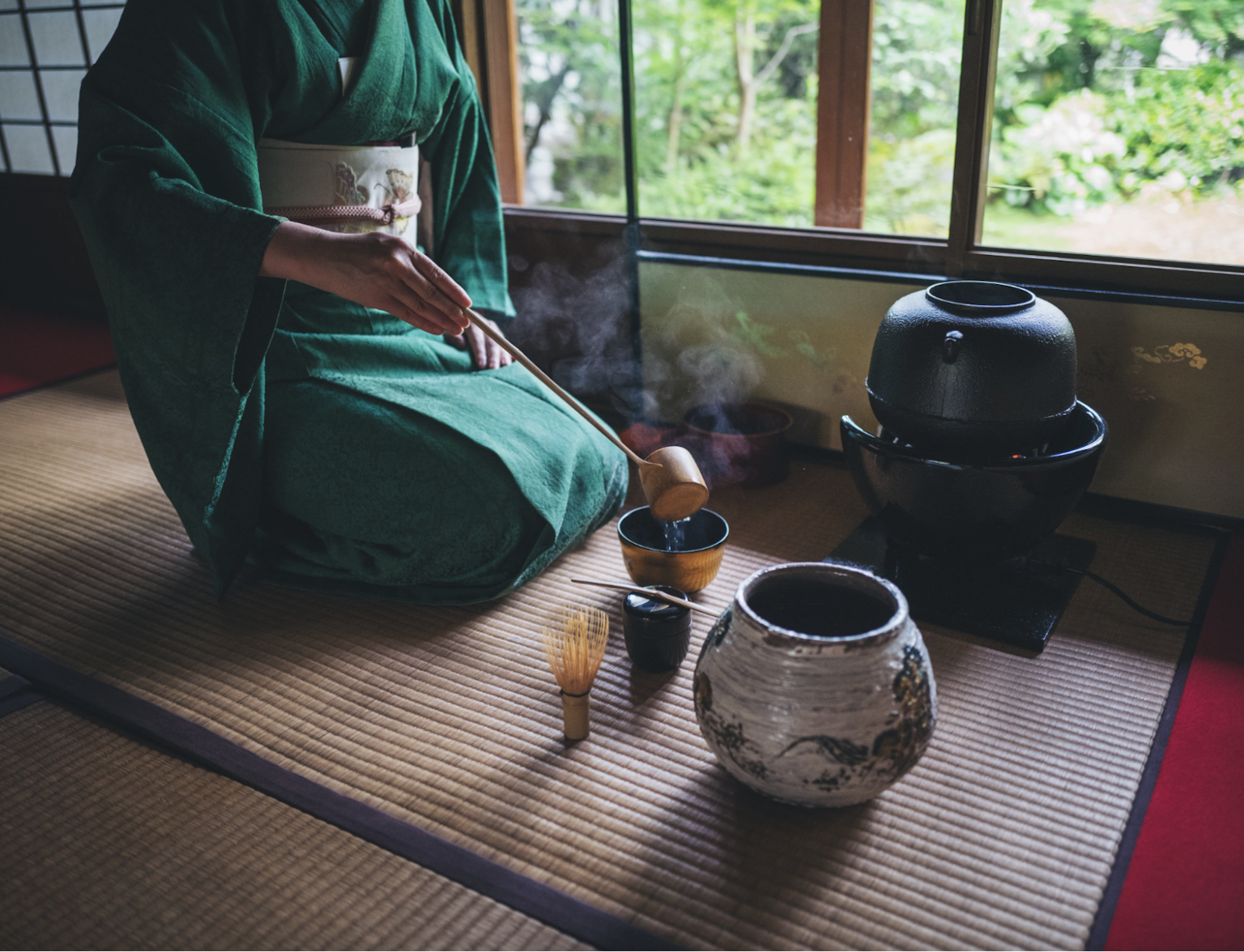
Unlock the essence of Kyoto's heritage with a private Japanese tea ceremony.
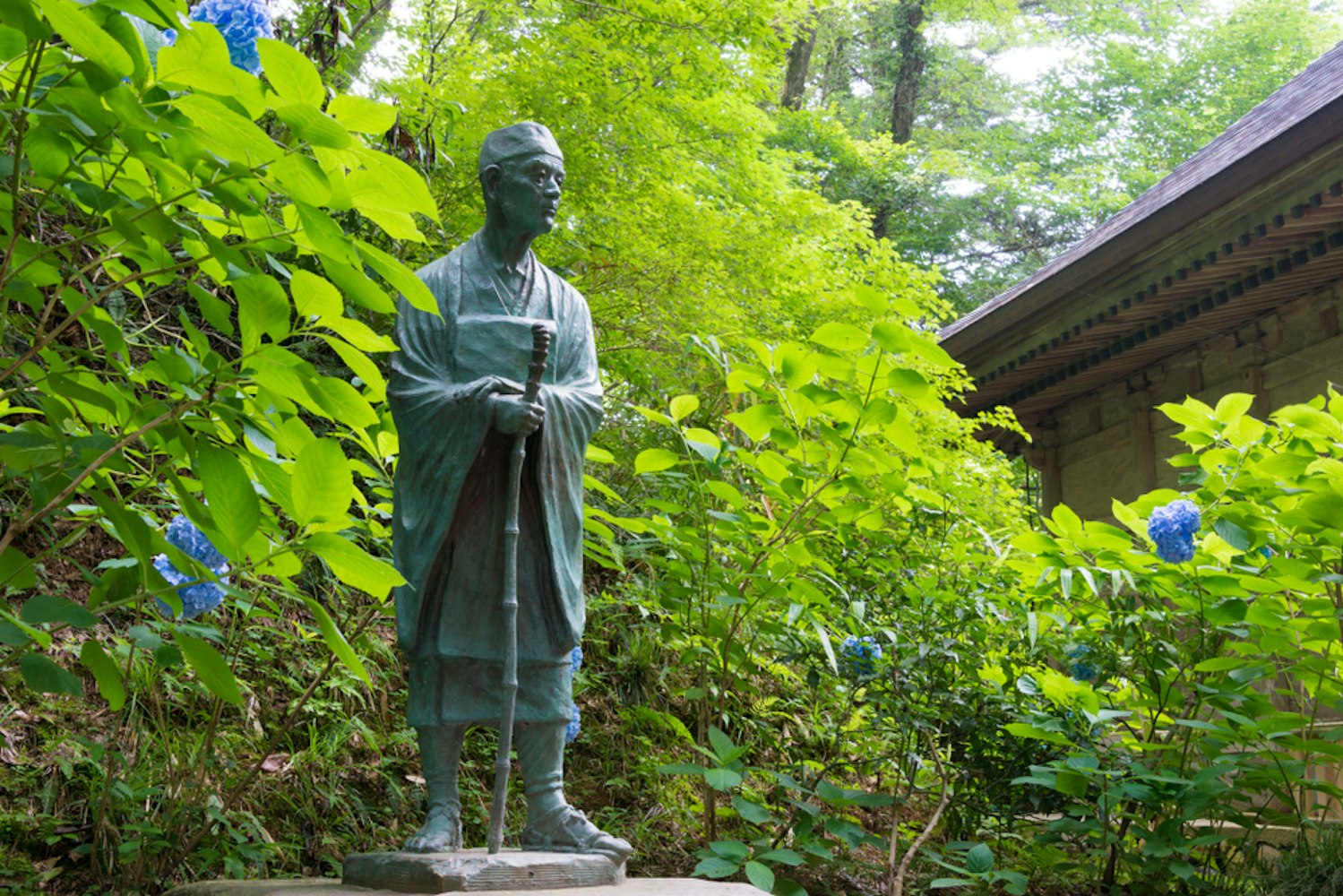
In the realm of Wabi-Sabi, two names stand out as beacons of influence and inspiration: Sen no Rikyu and Matsuo Basho. Their contributions to this ancient Japanese philosophy have left an indelible mark on its interpretation and appreciation.
A pivotal figure in the world of the tea ceremony championed the principles of Wabi-Sabi by highlighting the importance of simplicity and authenticity. His influence redirected the ceremony's focus to the moment's beauty, embracing the impermanence of life and nature.
A masterful poet, he wove the themes of simplicity and impermanence into his haikus, offering a poetic lens into the Wabi-Sabi worldview. Through his words, he illuminated the fleeting beauty of life, urging readers to value the transient and the unadorned.
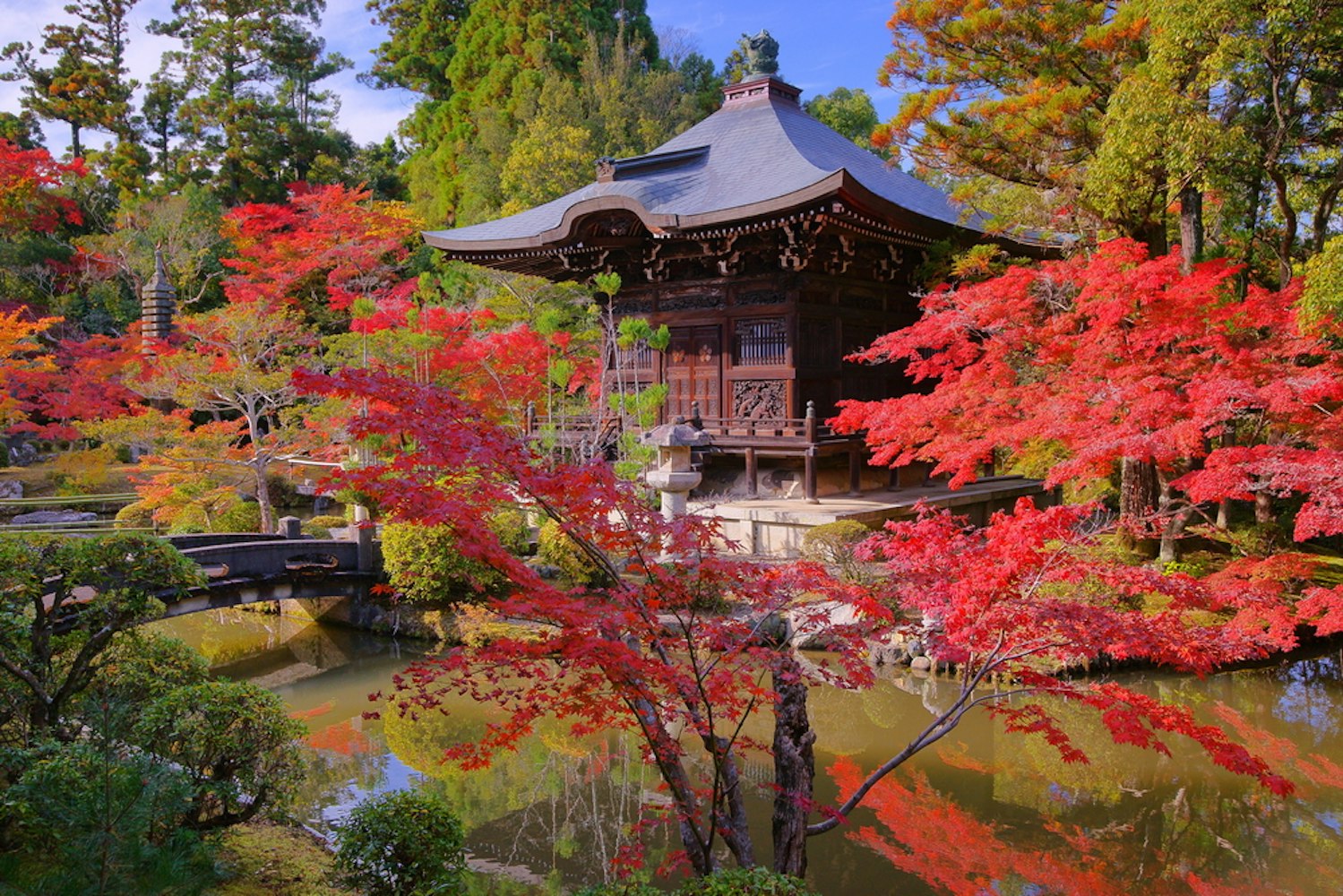
For those planning to visit Japan, the Ryoanji Temple Rock Garden in Kyoto is an essential stop, embodying the deep-rooted Wabi-Sabi tradition that contrasts with the bustling streets of Tokyo. With its deliberate arrangement of rocks and white gravel, this Zen garden offers a tour into the essence of life's simplicity and the impermanence that defines it.
Its design speaks volumes about the character of Wabi-Sabi, highlighting the beauty in the natural process of change. With its history spanning several centuries, the garden is a tranquil testament to Japan's profound appreciation for nature's fleeting moments.
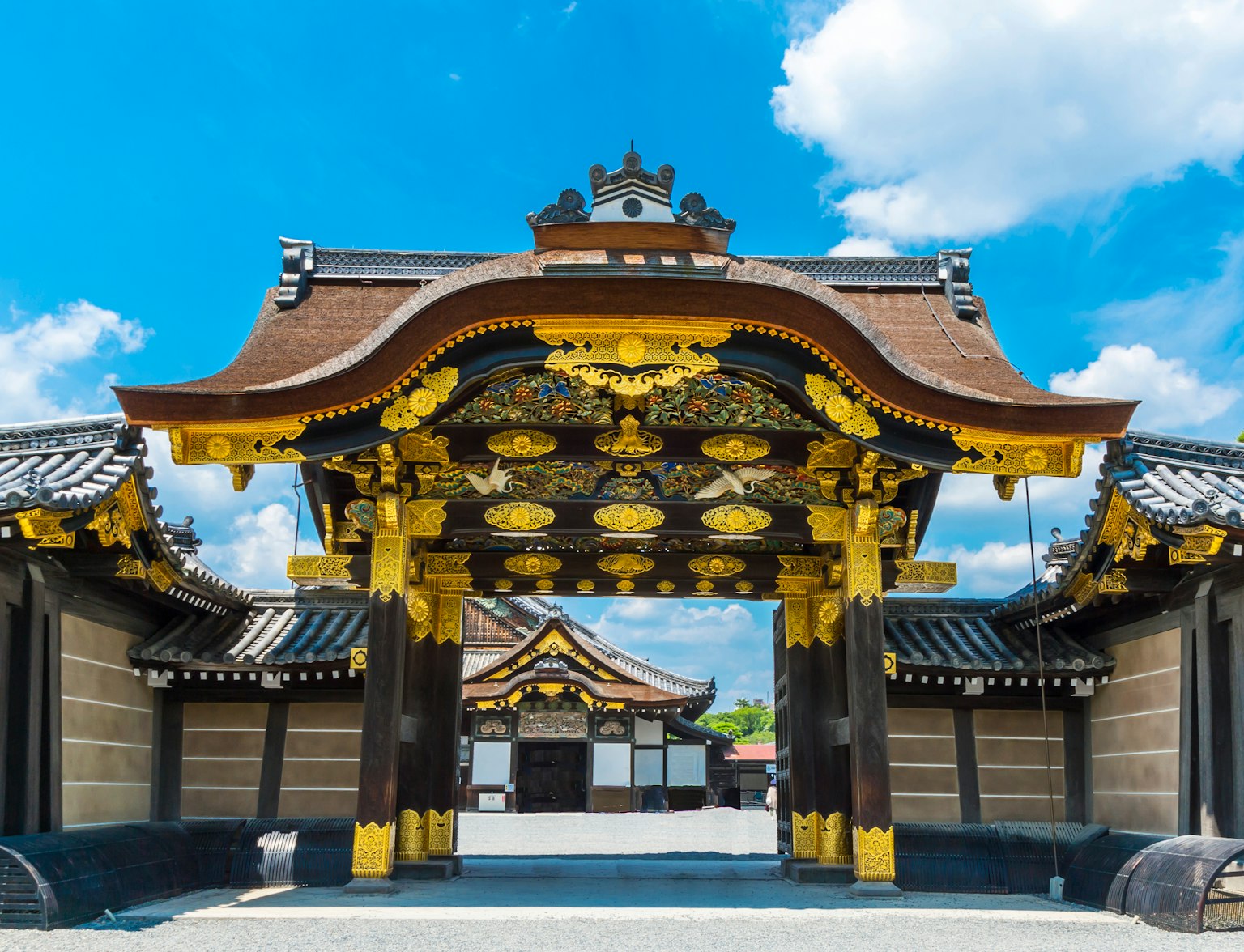
Visit Ryoanji Temple Rock Garden with this tour.
On the other hand, the Saihoji Temple, a must-visit for those embarking on a cultural tour of Japan, showcases the rich tapestry of moss that has been nurtured over centuries. Nestled away from the urban sprawl of Tokyo, this temple offers visitors a vivid glimpse into the harmonious relationship between man and nature, embodying the very character of Wabi-Sabi.
The serene environment, dominated by the myriad shades of green, highlights the natural process of growth and decay. As you walk its paths, the temple emerges as a living reflection of the Wabi-Sabi philosophy, inviting contemplation and reverence for life's transient beauty.
Kintsugi is the traditional Japanese art of repairing broken pottery with gold, embracing flaws, and making them a focal point of beauty. Rather than hiding imperfections, this technique celebrates them, reflecting the Wabi-Sabi belief in finding beauty in imperfection and impermanence.
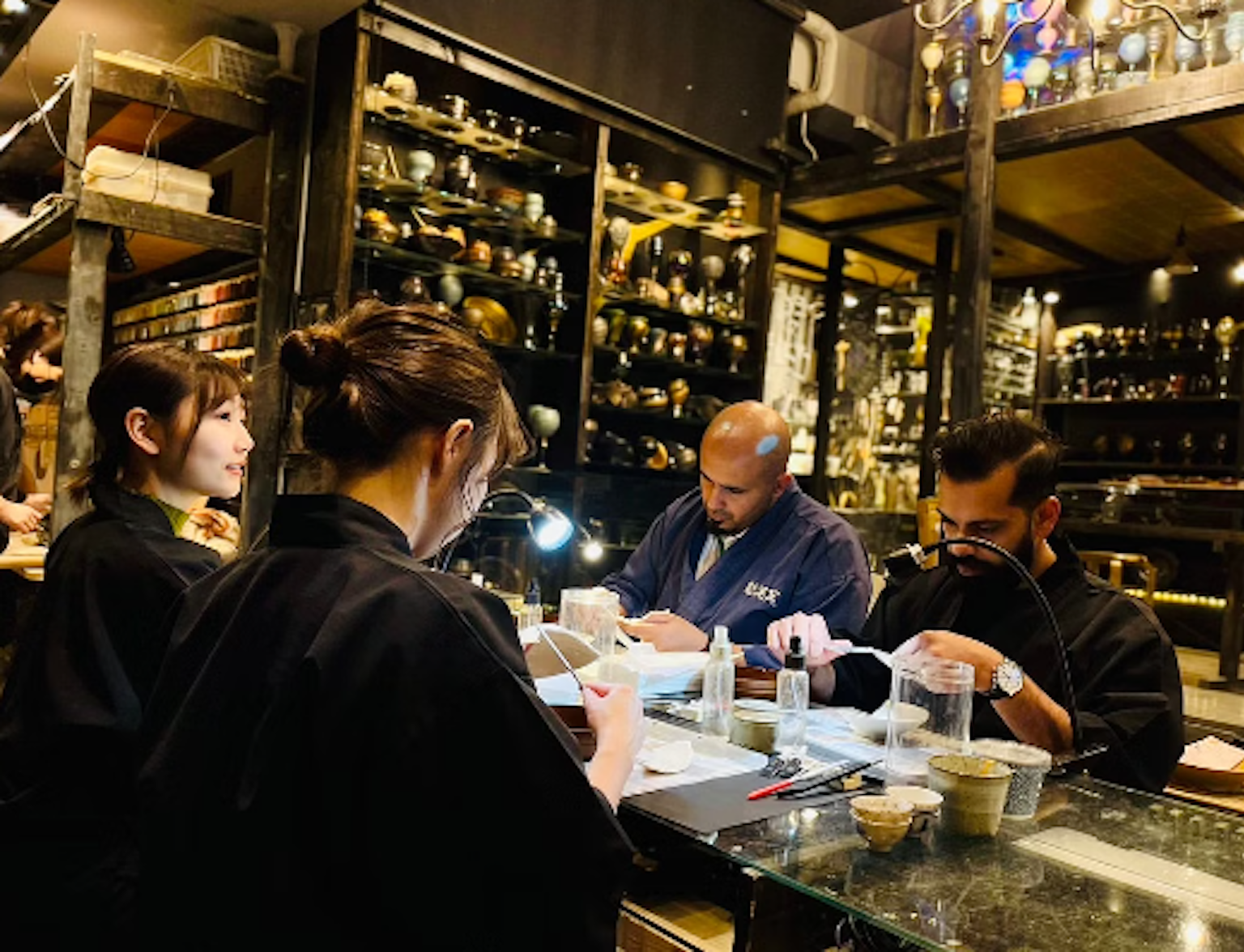
Discover the timeless art of Kintsugi with Master Taku in Tokyo.
In pottery, paintings, and architecture, Wabi-Sabi has a significant footprint in Japan, where notable artists like Shoji Hamada and Tadao Ando have embraced valuing natural imperfections and emotional simplicity. Globally, this Japanese aesthetic is making inroads, influencing various art forms and encouraging a shift from the polished and perfect to an appreciation for the transitory and naturally imperfect.
Here are some simple ways to incorporate this mollifying philosophy into your life:
Give your living space a do-over.
Start a new hobby.
Learn to ground yourself and appreciate life as it is.
Practice uketamo, the art of acceptance.
Apply Wabi-Sabi to your studies.
Stop worrying so much about being perfect.
Revamping your living space by incorporating natural materials, earthy colors, and weathered items can breathe Wabi-Sabi principles into your home, inviting you to cherish the simplicity and beauty of age.
Delving into a new hobby like pottery or painting enriches your life and provides a fertile ground to experience the Wabi-Sabi emphasis on process over perfection.
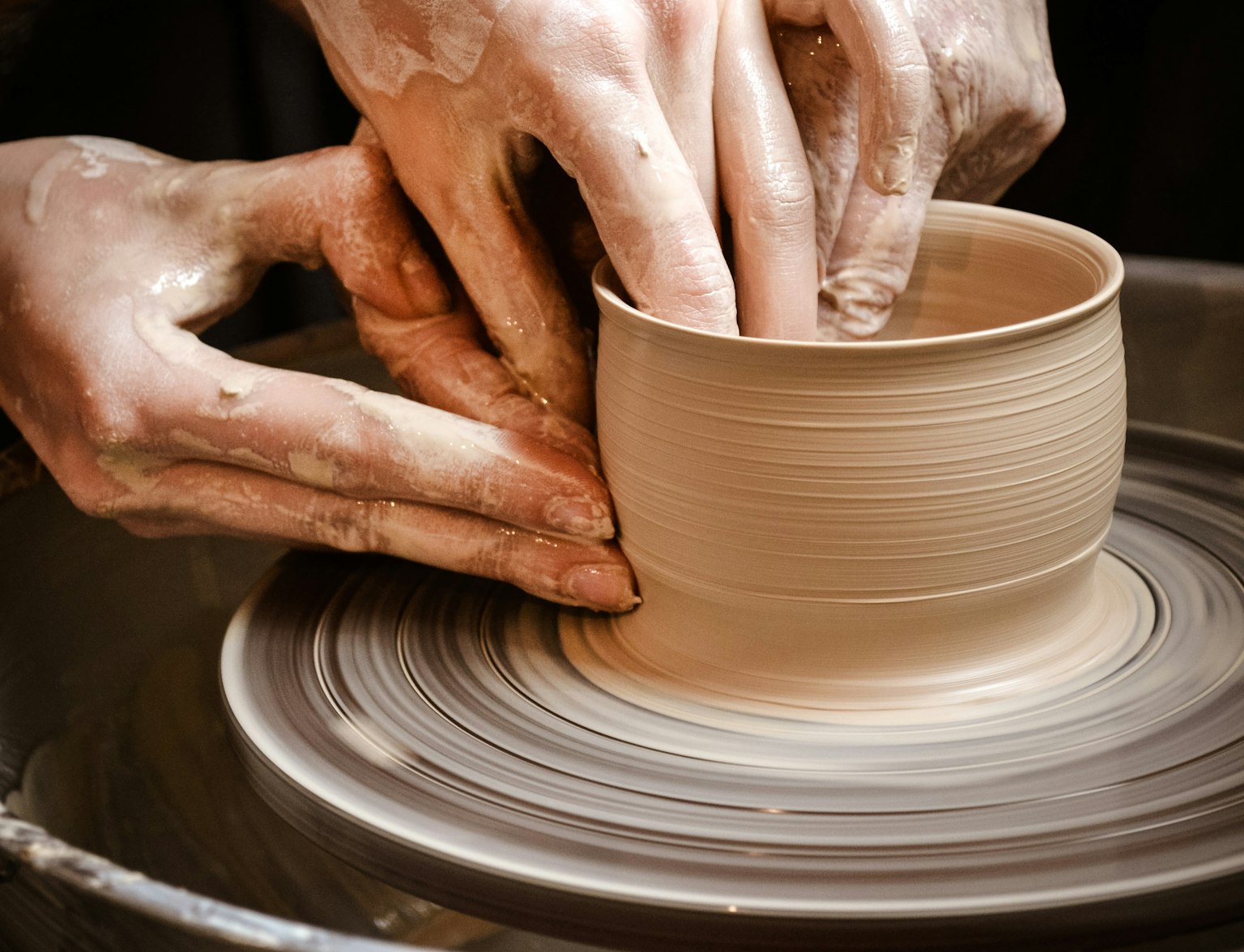
Explore the timeless art of Japanese pottery in Tokyo's Omotesando neighborhood.
Practicing mindfulness techniques or simply taking moments to breathe and observe can help you understand the present, embracing the Wabi-Sabi philosophy of finding beauty in imperfections and impermanence.
By adopting uketamo, you foster a mindset that allows you to gracefully accept life's ups and downs, aligning yourself with the Wabi-Sabi ideal of embracing both joys and sorrows as part of a meaningful life.
Integrating Wabi-Sabi into your academic life means valuing the learning journey over the end grade, appreciating each stumble and triumph as part of the educational process.
Relinquishing the relentless pursuit of perfection frees you to live more authentically, a core tenet of the Wabi-Sabi philosophy that encourages us to embrace our flaws and limitations.
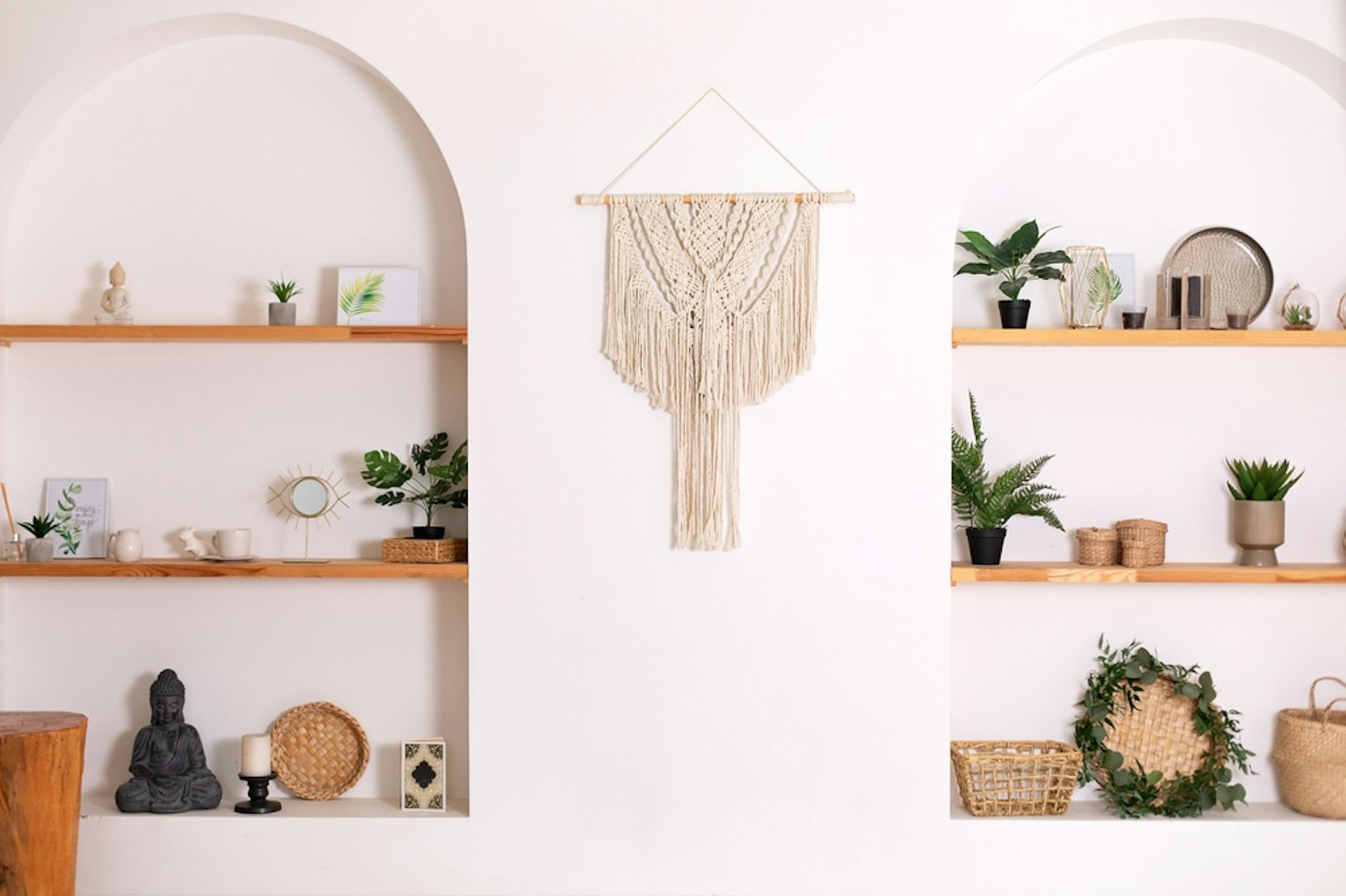
Embracing Wabi-Sabi nurtures our mental health, teaching us to find beauty in imperfection and peace in the natural cycle of life. This philosophy promotes sustainability by valuing the old and worn, reducing waste, and encouraging mindful consumption.
By appreciating the stories behind the flaws, we create deeper bonds with people and cherish objects for their unique tales. Wabi-Sabi reminds us to treasure the simple, authentic moments that enrich our lives in a world obsessed with perfection.
Wabi-Sabi offers a different way to view the world and our place in it, nurtured by centuries of Japanese philosophy and art. Adopting this lifestyle can bring peace and happiness to our busy lives.
By understanding Wabi-Sabi, we gain a new lens through which we can view art, visit new places like Tokyo, and even approach our day-to-day lives. It's more than just a word; it's a way to find beauty in the world around us.

Embark on a captivating journey through Japan’s iconic landscapes with this tour.


